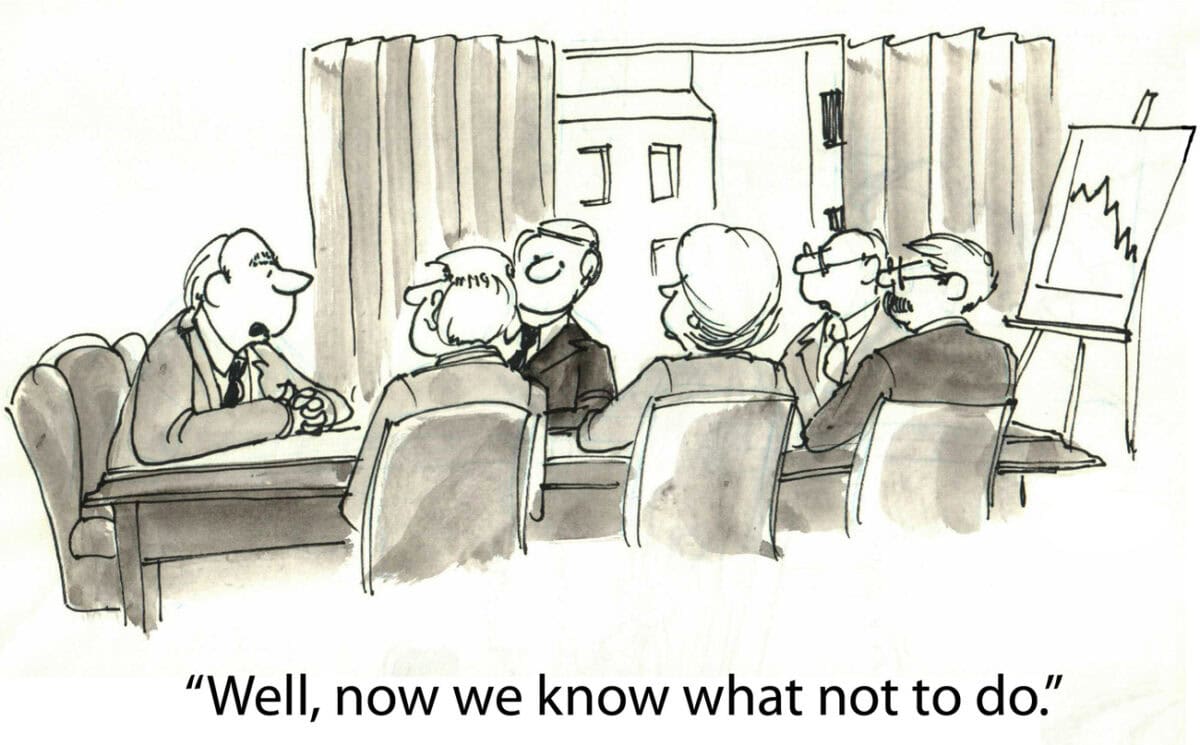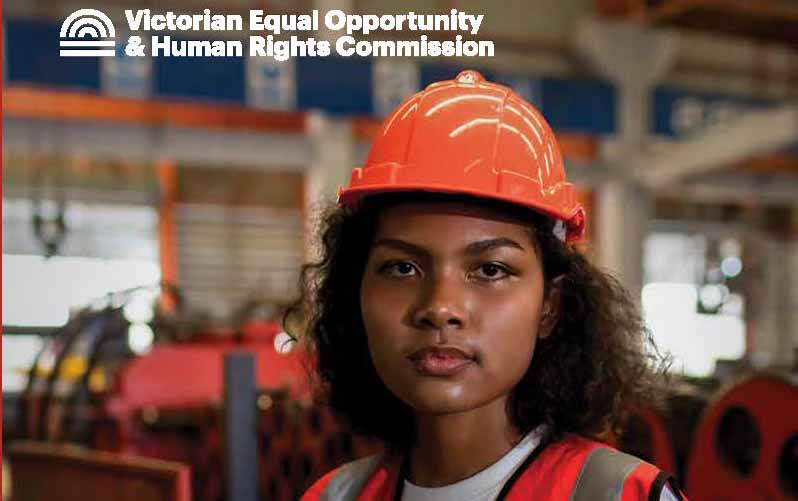This is the second in a possible series of articles based on an artificial intelligence analysis of decades of audio interviews and recordings with occupational health and safety professionals, academics, lawyers and more used for this blog and my other writings. This time, I asked:
What are the most substantial impediments to improving the health and safety of workers?
Several substantial impediments to improving worker health and safety emerge from the conversations:







